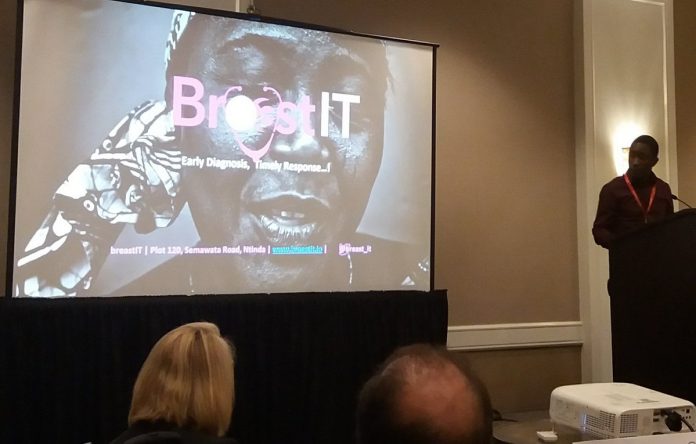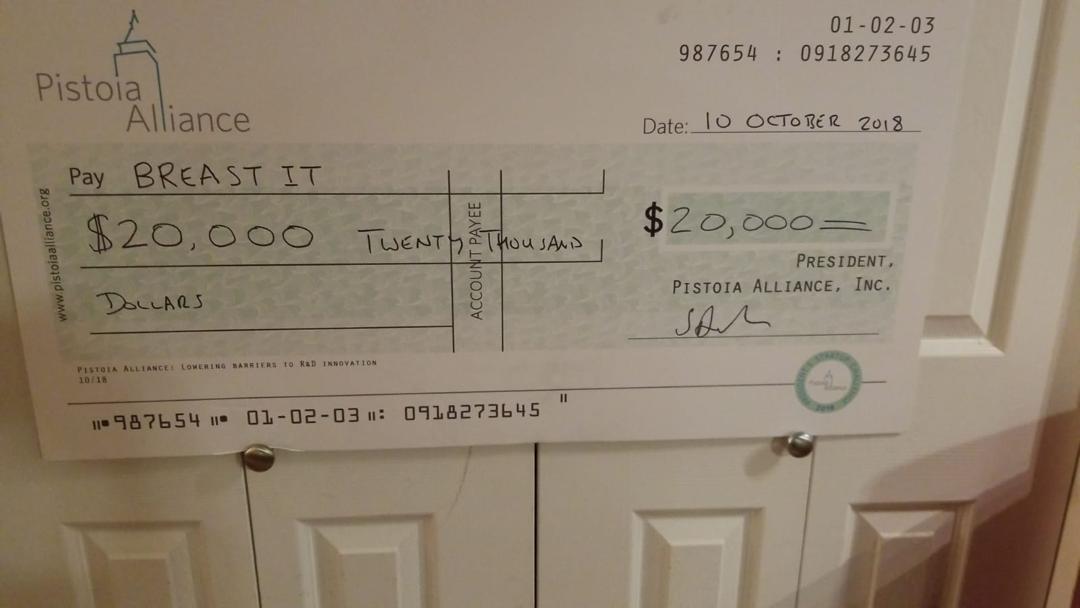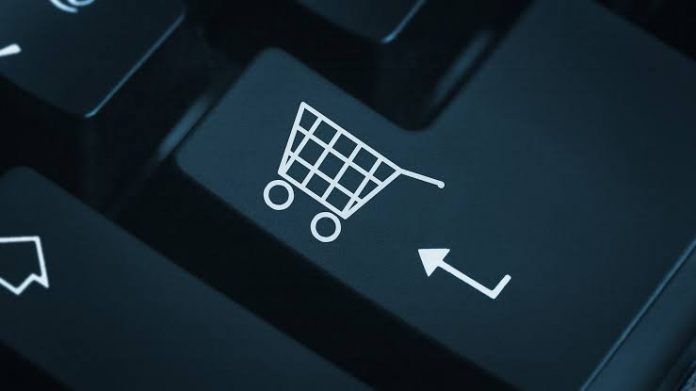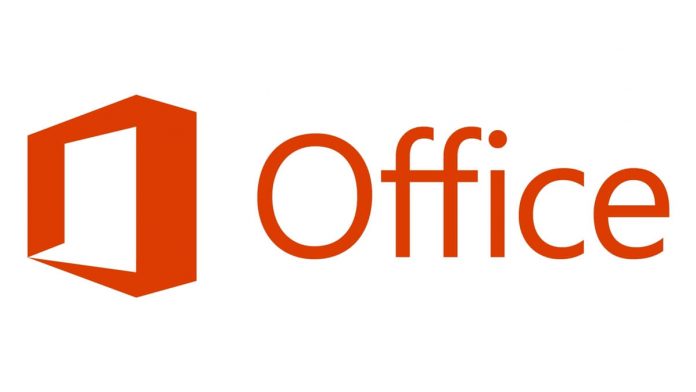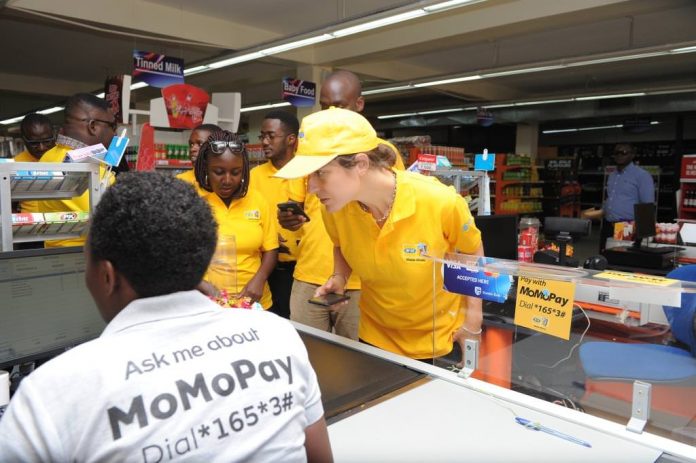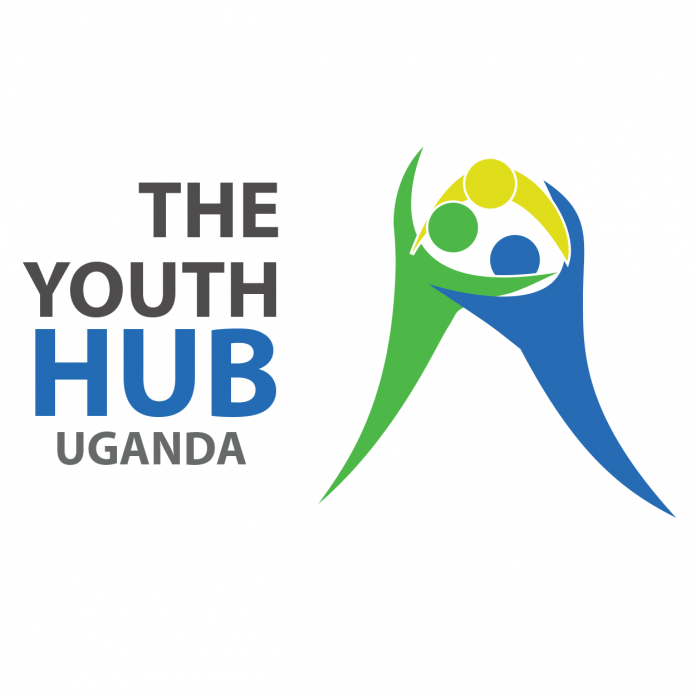Wefarm, the world’s largest farmer-to-farmer digital network, announced it reached over 1.1 million users across Kenya and Uganda. Moreover, for the first time, farmers have asked and answered more than one million questions through Wefarm in a single calendar month. That means, Wefarm enables a farmer to share vital information they couldn’t get anywhere else – for free, in their own language, and without any internet – every 1.6 seconds.
With one in five farms in Kenya and Uganda using the network, the company plans to expand into the rest of Africa in 2019, beginning with Tanzania.
Wefarm’s network allows small-scale farmers to ask each other questions on anything related to agriculture and then receive bespoke content and ideas in response. Farmers can ask questions in any language and messaging is free of charge.
If farmers don’t have internet access (as many do not), they can access Wefarm via SMS on their mobile phones. Wefarm’s machine learning algorithms then match each question to the best suited responder. The average time it takes for a farmer to receive an answer to their question is under six minutes – even for farmers without internet.
Knowledge shared on Wefarm can help farmers produce higher quality product, increase yields, gain insight into pricing, tackle the effects of climate change, diversify agricultural interests, and source the best seeds, fertilisers, and loans.
Wefarm’s NLP libraries are the first of their kind in the world; this model can identify three regional African languages – Kiswahili, Luganda, and Runyankore – in addition to English. This means, unlike with other agtech networks, Wefarm users don’t need proficiency in English. This increases reach and access.
“Hitting one million farmers is the first step in our global expansion and we’re expecting growth to accelerate quickly from here on out,” said Kenny Ewan, CEO of Wefarm, “Wefarm now shares more content than Stack Overflow and has more content contributors than Wikipedia. Now that we’ve demonstrated that our network works on a mass scale, we’re looking towards our commercial vision for 2019 and beyond, which may include both data intelligence services and the creation of a marketplace that puts farmers needs first.”
“Wefarm is an extraordinarily ambitious and impactful business using the power of technology to connect small-scale farmers throughout Africa,” said Jon Callaghan, cofounder of True Ventures. “We are very pleased with their growth and success.”
For more information, visit http://wefarm.org, follow Wefarm on Twitter @wefarm and connect with Wefarm on Facebook or LinkedIn.
About Wefarm
Wefarm, the world’s largest farmer-to-farmer digital network, lets small-scale farmers connect with one another to solve problems, share ideas, and spread innovation. Utilising the latest machine learning technology, Wefarm’s service works both online and over SMS. Knowledge shared on Wefarm can help farmers produce higher quality product, increase yields, gain insight into pricing, tackle the effects of climate change, diversify agricultural interests, and source the best seeds, fertilisers, and loans.
Since its founding in 2015, Wefarm has been named one of Africa’s Most Innovative Companies by Fast Company and has won Google’s Impact Challenge Award, TechCrunch’s Europas Tech for Good Award, and the European Union Commission’s Ideas From Europe prize, among others. The company is headquartered in London with offices in Nairobi and Kampala. Wefarm is backed by True Ventures, LocalGlobe and Accelerated Digital Ventures and the Norrsken Foundation. For more information, visit http://wefarm.org, follow Wefarm on Twitter @wefarm and connect with Wefarm on Facebook or LinkedIn.




